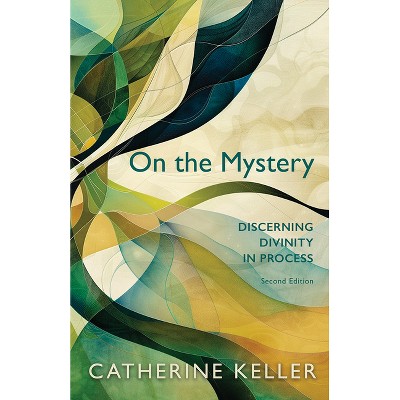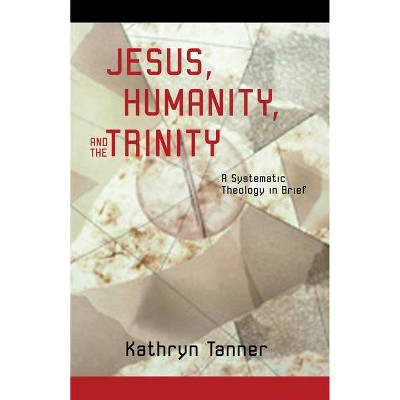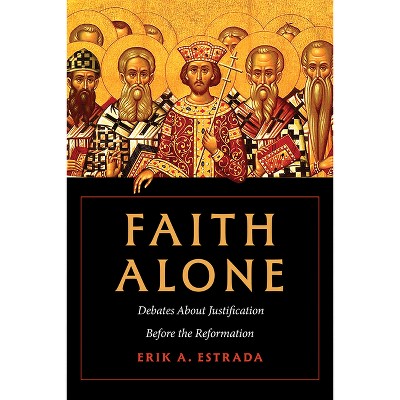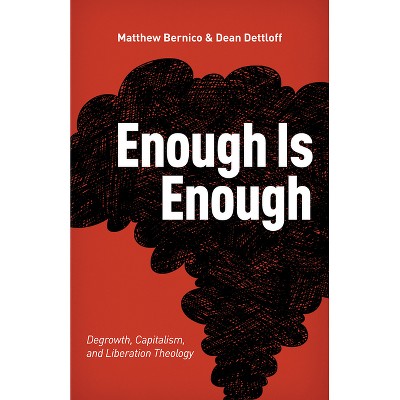Sponsored

Saving Jesus - 2nd Edition by Carter Heyward (Paperback)
Pre-order
Sponsored
About this item
Highlights
- First published twenty-five years ago and continually in print, Carter Heyward's Saving Jesus remains a pioneering political Christology, intended to reframe our understanding of Jesus, his person, and his import, in light of contemporary culture, especially the rise of the Christian right.
- Author(s): Carter Heyward
- 261 Pages
- Religion + Beliefs, Christian Theology
Description
About the Book
In this theological resource for spiritual transformation and social change, Carter Heyward rethinks the figure of Jesus and his import for church, academy, and society. The new edition places the work in our deeply conflicted contemporary context and in the context of the church's ongoing reflection on the person and work of Jesus.Book Synopsis
First published twenty-five years ago and continually in print, Carter Heyward's Saving Jesus remains a pioneering political Christology, intended to reframe our understanding of Jesus, his person, and his import, in light of contemporary culture, especially the rise of the Christian right.
The book also employs the insights of liberation theologies--Latin American, feminist, Black theology--to offer a critical assessment of traditional Christology, a more relevant picture of Jesus and redemption, and an inspiring portrayal of its implications for discipleship and Christian life.
In this theological resource for spiritual transformation and social change, Carter Heyward rethinks the figure of Jesus and his import for church, academy, and society. Rather than focus on the variable pictures of Jesus in contemporary biblical scholarship, and in radical opposition to the Jesus of the "Christian Right," Heyward presents "Jesus as our brother, infused with a sacred power and passion for embodying right (mutual) relation, and ourselves with him in this commitment." She goes on to explore, concretely, how we might live this way.
The new edition re-presents this important work with a new preface, placing the work in our deeply conflicted contemporary context and in the context of the church's ongoing reflection on the person and work of Jesus. It also drops a few marginal elements from the original, to highlight the core of the work.
Shipping details
Return details
Frequently bought together

Trending Non-Fiction
















